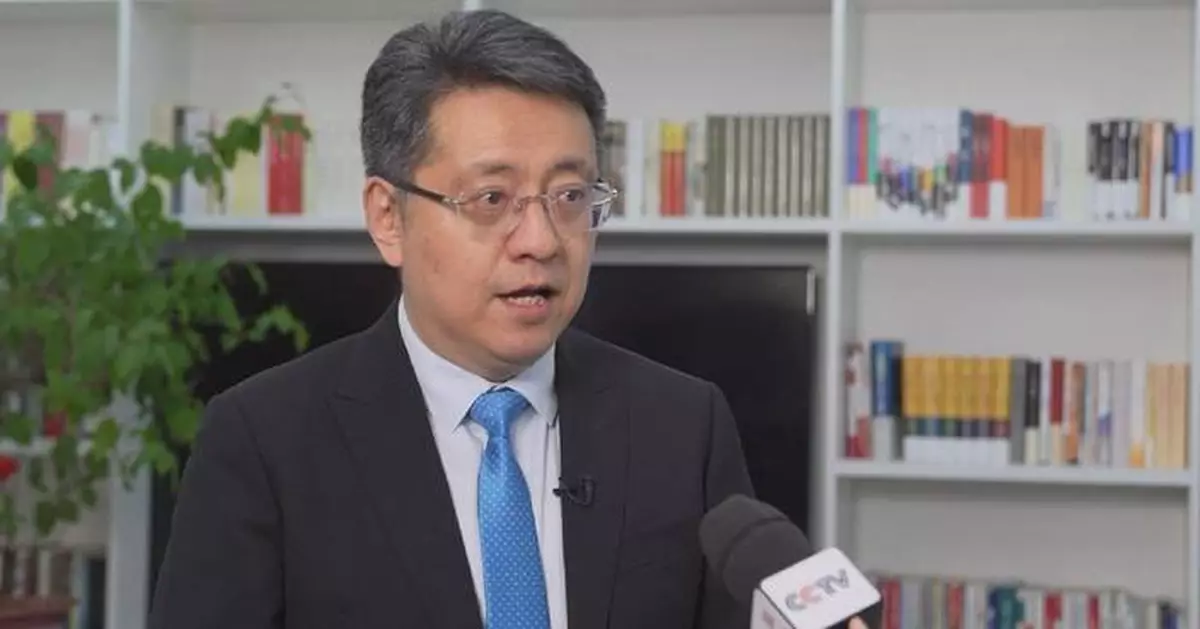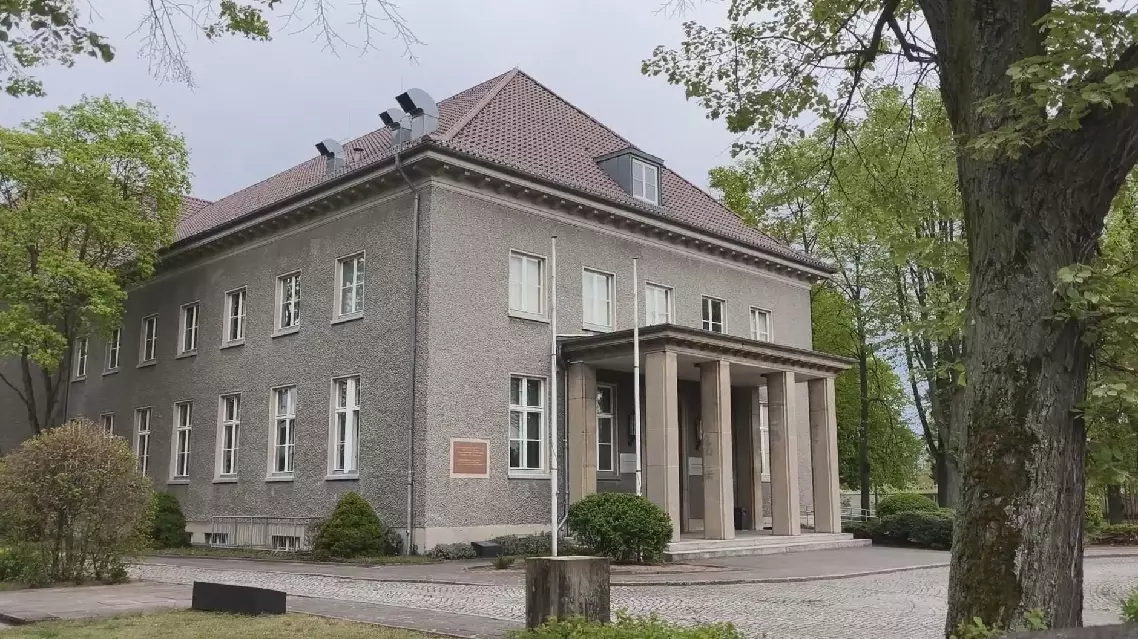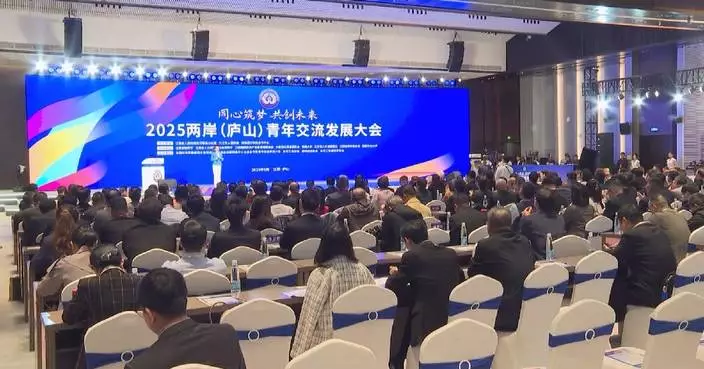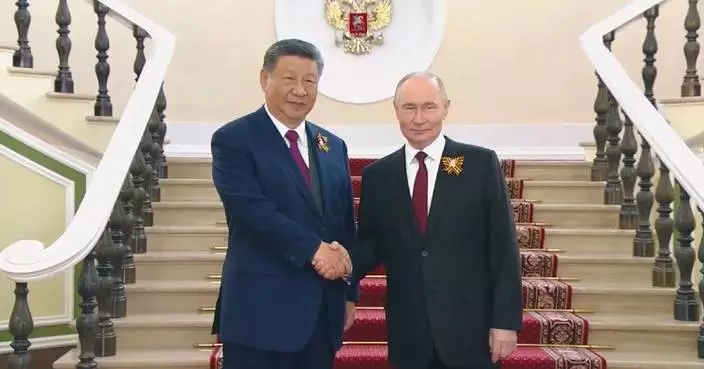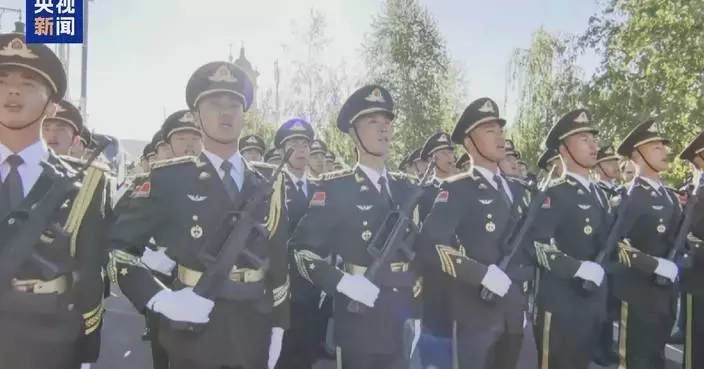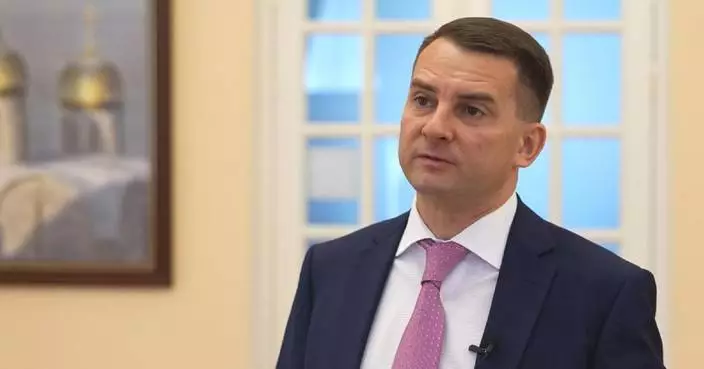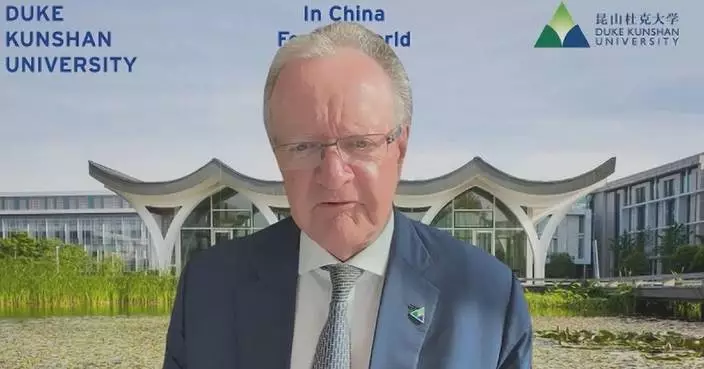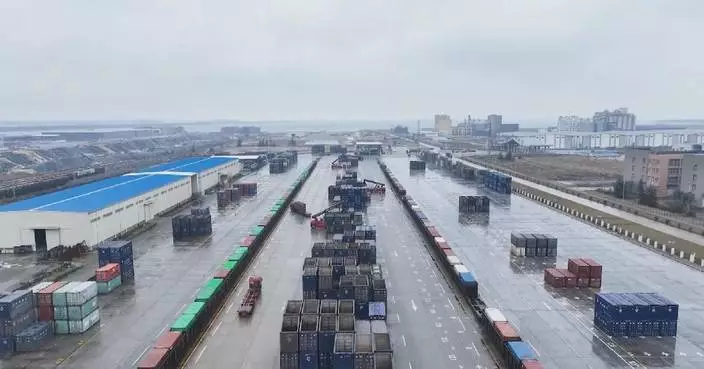China is expected to complement more proactive macroeconomic policies in the coming year, some economic experts said when they shared their opinions on the country's economic policies following the conclusion of the two-day Central Economic Work Conference in Beijing on Thursday.
Policymakers proposed that the economic work in 2025 should adhere to the principles of pursuing progress while ensuring stability, promoting stability through progress, upholding fundamental principles and breaking new ground, establishing the new before abolishing the old, promoting systemic integration and making coordinated efforts to enrich policy toolbox, and enhance the foresight, pertinence, and effectiveness of macroeconomic policies.
"The general requirement of China's macroeconomic policy is to make more proactive and effective macroeconomic regulations. In the past, we usually used one to three phases to describe such a requirement, but this year we used six phases. What does it mean? It means that the economic situation next year will be more complicated, and it also means that we must be more proactive and make good overall balance in our economic work next year. For example, the two requirements 'upholding fundamental principles and breaking new ground', and 'establishing the new before abolishing the old', are close integration between policy and reform methodology," said Dong Yu, executive vice president of the China Institute for Development Planning at Tsinghua University.
"In the conference, policymakers particularly emphasized the need to stabilize the property market and the stock market, boost confidence, and improve expectations. They also clearly stated the need to guard against and resolve risks in key areas and external shocks. These statements have never been mentioned before. This sent a signal to the whole society that the Chinese Communist Party (CPC) Central Committee has increased domestic macroeconomic policy support in order to continuously stabilize and improve China's economy, and hedge against the possible adverse effects of external shocks next year," said Bi Jiyao, vice president of the Chinese Academy of Macroeconomic Research.
Policymakers also stressed the need to strengthen coordination and cooperation among fiscal, monetary, employment, industrial, regional, trade, environmental protection, and regulatory policies and reform and opening-up measures.
"The statement of 'establish integrated economic system and make coordinated efforts' mainly emphasizes that the country's fiscal policy, monetary policy, industrial policy, and regional policy should cooperate with each other to jointly enhance the consistency of macroeconomic policy, and promote the continued recovery of China's economy," said Bi.
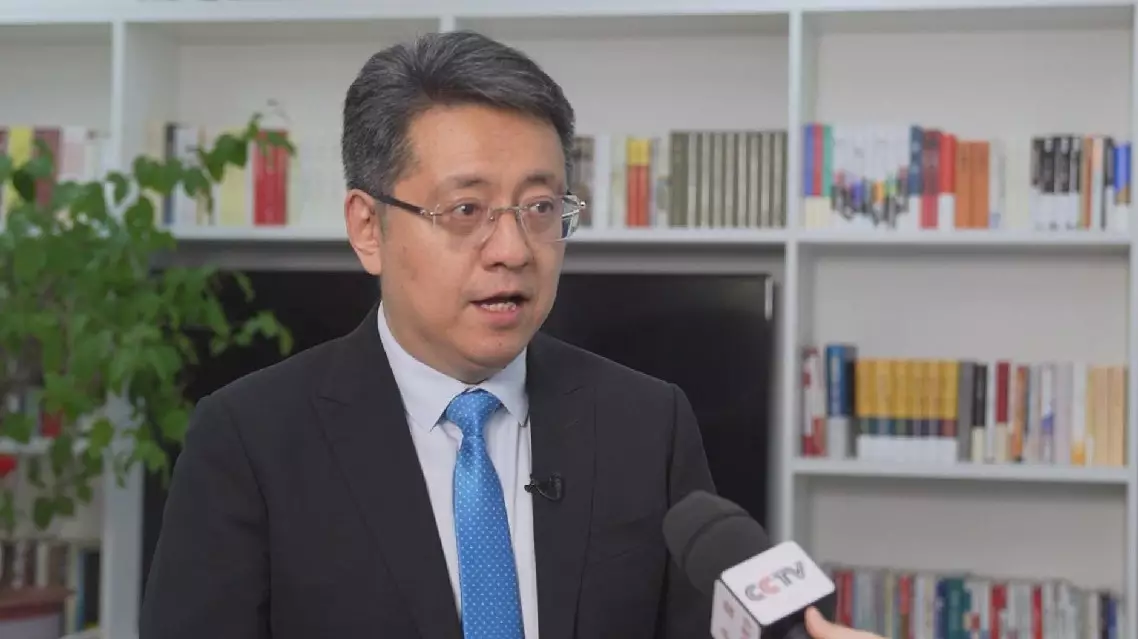
China to implement more proactive macroeconomic policies in 2025: experts


